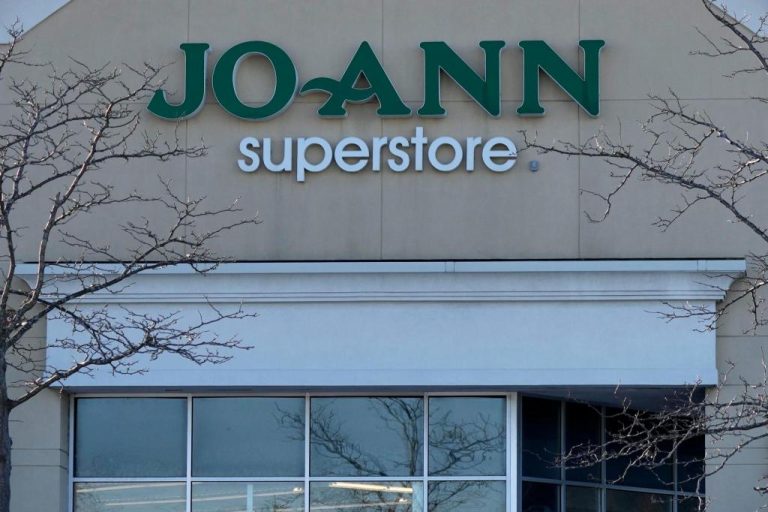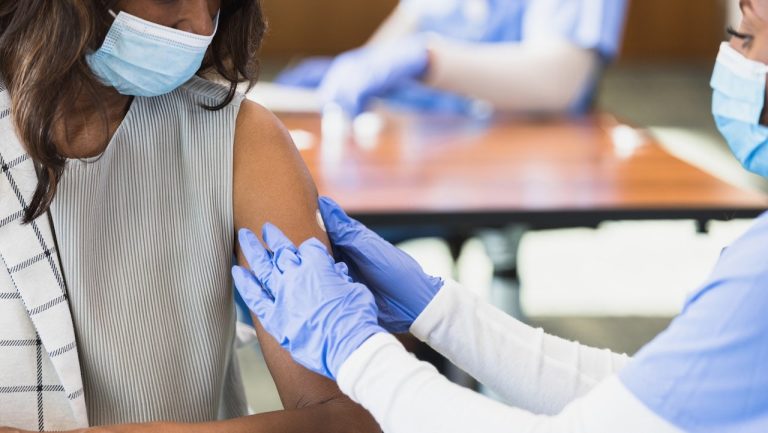
An E.coli outbreak prompted the county health department on Tuesday to warn patrons of Miguel’s Cocina in 4S Ranch that they should be on the lookout for symptoms of infection after 13 confirmed and suspected cases have been linked to the restaurant in recent weeks.
Seven of those, a county news release states, got sick enough to require a hospital stay, with one developing a complication called hemolitic uremic syndrome, which can cause kidney failure.
Brigantine Restaurants, Miguel’s Cocina’s parent company, issued a statement Tuesday afternoon indicating that it is working closely with the county Department of Environmental Health to investigate the infections.
“Out of an abundance of caution, senior management of The Brigantine Restaurants has decided to voluntarily close Miguel’s Cocina 4S Ranch while awaiting more information from the DEH,” the statement said. “At this time, no link has been made to the other 20 facilities operated by The Brigantine Restaurants around San Diego County.”
The company is conducting a deep cleaning of the 4S Ranch location and is disposing of all ingredients that could “potentially be known to harbor E.coli.”
“We offer our sincerest sympathies to those who have been affected, and we pray for their full recovery,” said Mike Morton Jr., Brigantine’s chief executive officer.
All reported to public health investigators that they or their family members ate at Miguel’s from Oct. 6 to Oct. 18 before getting sick.
Symptoms may or may not be accompanied by a fever and include severe abdominal cramps, watery or bloody diarrhea and vomiting.
Those who at at the restaurant and experienced such symptoms after Oct. 6 Should reach out to their health care provider, especially if diarrhea lasts for more than three days or is accompanied by a fever greater than 102 degrees Fahrenheit. Blood in the stool and vomiting so much that a person cannot keep water down are also signs that a doctor should be consulted.
Symptoms generally start between one and 10 days after exposure.
A recent inspection at the restaurant, the county said, found “no operational major risk factors for foodborne illness.”
The type of E.coli bacteria implicated in this cluster of diners is of the Shiga toxin producing variety. It is the same type of bacteria that caused a deadly outbreak at the San Diego County Fair in 2019.






